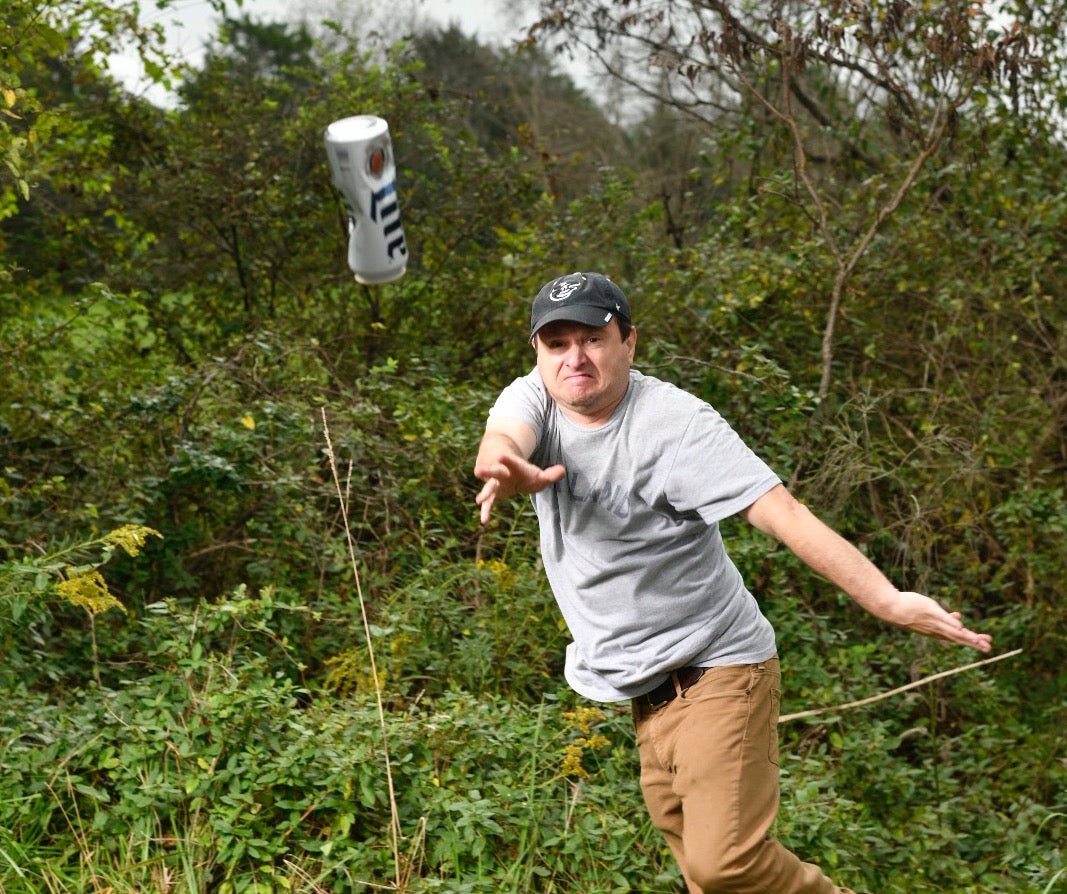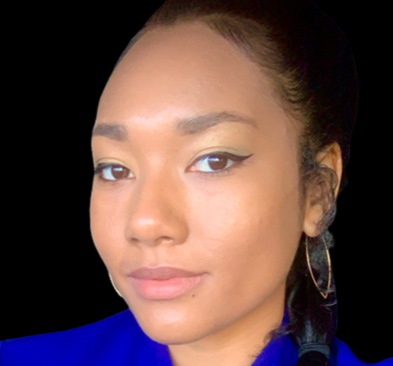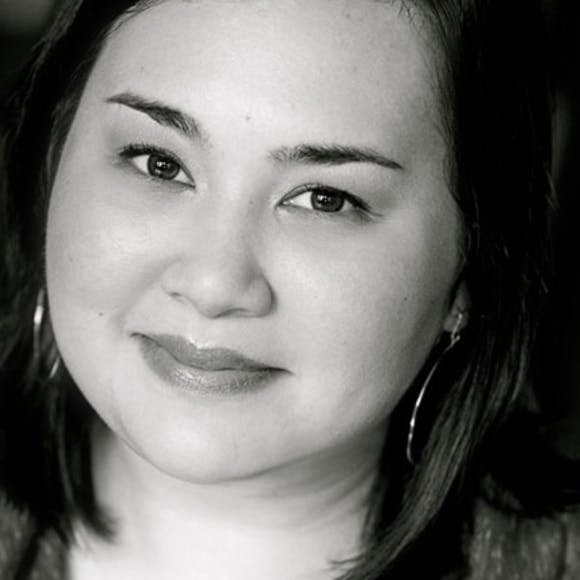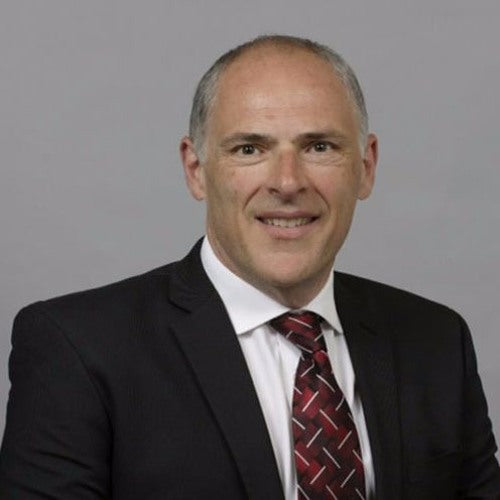Book: Poking a Dead Frog: Conversations with Today's Top Comedy Writers
Author: Mike Sacks
Author Bio:
Mike Sacks was born in Virginia and raised in Maryland. He attended Tulane University in New Orleans.
He has written for Vanity Fair, Esquire, GQ, The New Yorker, Time, The New York Times, The Washington Post, McSweeney’s, Radar, Funny or Die, MAD, New York Observer, Premiere, Believer, Vice, Maxim, Women’s Health, and Salon. He has worked at The Washington Post and is currently on the editorial staff of Vanity Fair.
His first book, And Here’s the Kicker: Conversations with 21 Humor Writers About Their Craft, was released in Summer 2009. Some of those interviewed include: George Meyer, Harold Ramis, Al Jaffee, Buck Henry, Bob Odenkirk, Stephen Merchant, David Sedaris, Jack Handey, Robert Smigel, and Daniel Clowes.
Sacks co-wrote Sex: Our Bodies, Our Junk, with the Pleasure Syndicate, a comedy-writing group consisting of Scott Jacobson (Daily Show, Bob’s Burgers), Todd Levin (Conan), Jason Roeder (Onion), and Ted Travelstead (Vanity Fair). The book was released on August 28, 2010.
Sacks published a collection of humor pieces in February 2011. The book, Your Wildest Dreams, Within Reason, contains pieces from The New Yorker, Esquire, Time, Vanity Fair, McSweeney’s, and other publications. The publisher was Tin House Books.
Sacks contributed to the books Esquire Rules and Esquire Presents: Things A Man Shouldn’t Do After the Age of Thirty; Mountain Man Dance Moves: The McSweeney’s Book of Lists; and the forthcoming The McSweeney’s Book of Politics and Musicals.
In addition, he is the co-editor of the March 2012 advice book, Care to Make Love In That Gross Little Space Between Cars?, featuring contributions from, among others, Louis C.K., Dave Eggers, Zach Galifianakis, Nick Hornby, Sam Lipsyte, Merrill Markoe, Laraine Newman, Simon Rich, Bob Saget, George Saunders, Amy Sedaris, Allison Silverman, Paul Simms, Jerry Stahl, Fred Willard, Weird Al Yankovic, and Alan Zweibel.
His 2014 book was a sequel to And Here’s the Kicker, called Poking a Dead Frog. The book contains interviews with (and advice from) Mel Brooks, Jim Downey, Adam McKay, Amy Poehler, Terry Jones, Diablo Cody, James L. Brooks, 96-year-old Peg Lynch, Kay Cannon, Patton Oswalt, Marc Maron, George Saunders, Tom Scharpling, Bob Elliott (of Bob & Ray), Roz Chast, Stephen Merchant, Carol Kolb, Daniel Clowes, and many, many more. It was released June 2014 from Viking/Penguin.
Stinker Lets Loose, a novelization, was published on the 40th anniversary of the 1977 release of the movie by the same name
Stinker was turned into an Audible audiobook in 2017 starring Jon Hamm as Stinker, and also starring Rhea Seehorn, Paul F. Tompkins, Andy Richter, and Philip Baker Hall and more.
Randy: The Full and Complete Unedited Biography and Memoir of the Amazing Life and Times of Randy S.! was published on September 11, 2018. Randy is a thirty-something who sells his family farm and commissions an out-of-work local author, named Noah B., to write and type his memoir. A modern-day version of a 15th-century biography commissioned by a wealthy Medici patron. (Source: www.mikesacks.com)
1. What made you want to write Poking a Dead Frog: Conversations with Today's Top Comedy Writers?
Really it was just an excuse to talk to my favorite comedy writers, those I grew up reading, those I admired when I wrote it. When I started the first book of interviews, And Here’s the Kicker, there weren’t many comedy books around that interested me.
They were just mostly about early SNL and Your Show of Shows. I wanted to interview people who felt more contemporary and who were inspirations for me and others who loved comedy. I also wanted to pick the brains of those older writers who I knew wouldn’t be around forever—Larry Gelbart, Irv Brecher, Peg Lynch, and others.
Quite a few passed away after the books were released, including younger writers like Harold Ramis. I feel lucky to have been able to talk with them before they passed.
2. How did interviewing so many funny people change your own humor?
It really showed me that one must write what you want to write, how you want to write it. You can’t write for others. You can’t write for an imaginary audience. You can’t write for producers just because you think you can sell your work.
The best comedy comes from a personal need to write a certain something. It’s not always what you think others might like. It’s very personal. Not one of the writers I interviewed became successful because they thought they had to write in a certain style or in a certain format or to tailor their humor in a certain way. It came from something very individual and unique. And then success followed. I think that’s a very important lesson.
3. During your writing process for Poking a Dead Frog, you interviewed writers from legendary comedy series such as Monty Python, SNL, Cheers, Seinfeld, and The Late Show with David Letterman, how has comedy changed over the years?
Wow, that’s an entire book. It’s changing constantly. What we’re seeing now is incredibly exciting. I think a lot of writers and creators who wouldn’t have had the opportunity in the past now have the opportunity to write comedy how they see fit.
You don’t have to be a graduate of Harvard Lampoon anymore to get into comedy writing. One of my favorite recent shows is Pen15, on Hulu, which I think is brilliant. They wouldn’t have been able to produce that show years ago for a variety of reasons, but we’re better off now that we can see something this fantastic and different. More avenues for more people of talent. It’s only making comedy richer and better. I love it.
4. Who was the funniest person you interviewed?
Most writers were very serious about their craft. Not about themselves necessarily but about what works and what doesn’t work for them in comedy writing and with their careers. There were a lot of laughs but for the most part, the discussions were serious.
With that said, I loved talking with David Sedaris for hours on the phone, as well as Peg Lynch, the 96-year-old writer who basically invented the modern sitcom. She was sharp as hell. Loved her. She passed away a few years ago.
5. What is some feedback you’ve received from comedy writers about Poking a Dead Frog?
They seem to enjoy it, which really made me happy. In a sense, I was writing it for them and for comedy geeks, like myself, who would enjoy such a book. I never predicted that it’d become successful. I was just writing for myself and friends who loved humor.
6. What was the most difficult part of condensing all of the information and research you acquired into the book?
The hours and hours and pages and pages of transcripts. Each interview took about 25 hours to prepare for and then god knows how many hours to conduct and then to edit down. The book took a year but it nearly killed me in the process. Very intense. Not sure I’ll be doing another one. In fact, pretty sure I won’t be.
7. What do you hope readers get from Poking a Dead Frog?
That everyone, at every level, struggles and that it’s not easy for anyone. That you have to create your own path. That you have to do your own thing. That it should be fun. That you should write whatever interests you and not what you think others are looking for. That you shouldn’t do it for the money. But you should do it. And you should never give up. Just keep going.
8. Who were some of your favorite comedians growing up and who are some of your favorites now?
Chris Elliott, George Carlin, David Letterman, Richard Pryor, Brian Regan, Joan Rivers, Bobcat Goldthwait, Andy Kaufman, Steve Martin, Chris Rock, Steven Wright, Redd Foxx, Albert Brooks, Sandra Bernhard.
With that said, I was more of a fan of comedy writers than of stand-up comedians. That still holds true.
9. Readers have praised Poking A Dead Frog as an “enjoyable dialogue with legends.” What would you label your book as?
I always pictured it as a book to be found in a school library by a guy or girl skipping math class and falling in love with some comedy and writers they might not have known about before. Kind of wish I had it back in high school.
10. Was there any point in your interviewing process where you were unable to hold back your own laughter?
Not really, no. I thought of it as a job and I didn’t want to mess it up. It really was intense and concentrated and sometimes I only had one chance with a writer. A lot were understandably busy. Yes, I was a fan first and foremost, but I was also doing a job and I didn’t want to be Mr. Giggly.
11. Who is an underrated comedian or comedic writer that you highlighted in this book that isn’t as popular or as widely known as they should be?
There are so many who didn’t make the book. Mark Leyner for one. Some were popular but are now kind of forgotten, at least when it comes to print comedy: Jean Shepherd. Don Novello. Not that she’s been forgotten, but I think Merrill Markoe is a genius. Bruce Jay Friedman is amazing. Also, his sons, Drew Friedman and Josh Alan Friedman.
12. What is the best advice on happiness you’ve received?
I didn’t receive it but I had to figure it out for myself: everyone’s miserable. The sooner you realize that, the happier you’ll be.
13. Do you plan on writing any more books in the future?
Oh yes, definitely. Just not any more interview books. But comedy books, yes. Just finished one called “Randy”
Last year I wrote this: Stinker Lets Loose!
Finished another one called “Passable in Pink,” out in the Fall.
And working on another now. You can’t stop. You can’t ever stop! Keep moving forward and don’t stagnate. And all will be okay. Okay, I have to stop. See you in Comedy World!
Places To Find More From This Author:
Twitter: @michaelbsacks
Instagram: @mikebsacks
Website: www.micksacks.com
Get Your Copy of Poking a Dead Frog Today!
Also, Check Out Randy By Mike Sacks









